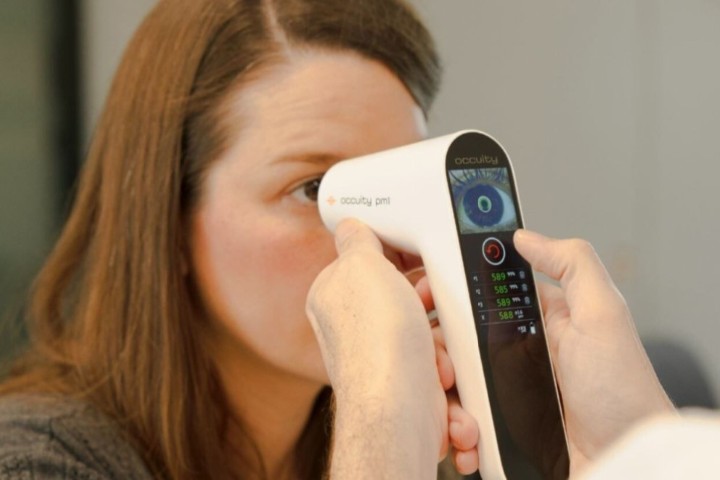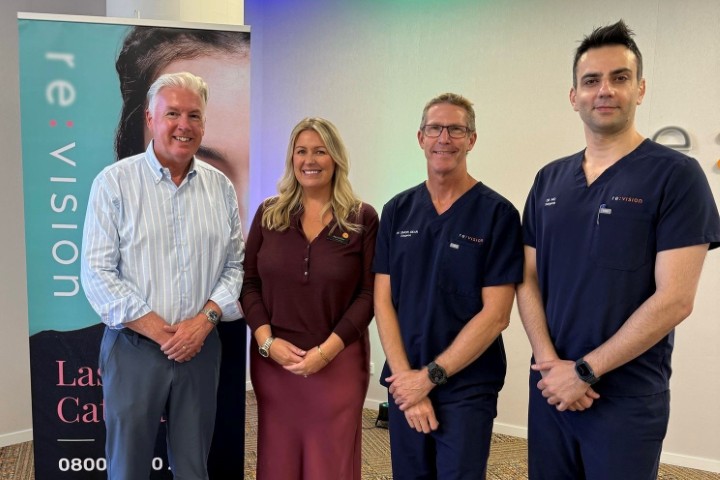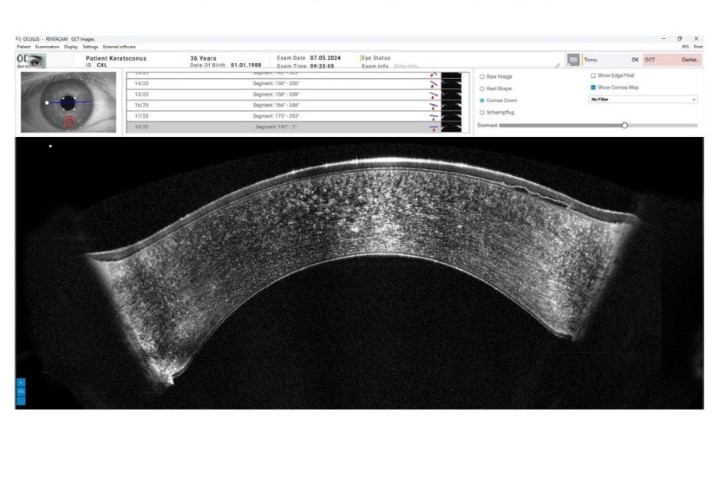Arkansas optoms get laser privileges
Arkansas has become the fourth US state to allow optometrists to perform certain laser procedures, behind Oklahoma, Kentucky and Louisiana.
The bill allows optometrists in the state to perform new procedures, including selective laser trabeculoplasty and YAG laser capsulotomy, certain injections (excluding intravenous and intraocular), removal of lid lesions, and chalazion incision and curettage. They will still not be allowed to perform cataract surgery, radial keratotomy surgery or sell prescription drugs.
The proposed legislation was introduced in January and had to be amended before gaining bipartisan support to win over the House (70 to 19) and Senate (25 to 8) before being signed into law by Arkansas governor Asa Hutchinson.
Announcing the successful passing of the bill, the American Optometric Association (AOA) said the bill recognised optometrists were fully educated, trained and qualified to perform necessary eye health and sight-saving procedures. It also pointed out the bill called on the Arkansas Board of Optometry to establish credentialing requirements for optometrists to perform permitted laser procedures, and to require them to report the outcomes of their procedures to the board.
Arkansas Optometric Association president Belinda Starkey, welcomed the move, saying, "Families across the state will have much greater access to comprehensive eye health and vision care with optometrists being authorised to practice near the fullest extent of our training."
AOA said restrictive state laws based on archaic assumptions of optometry's education and abilities had created self-imposed barriers long perpetuated by those seeking a maintenance of the status quo. “However, a recent, agenda-setting report from the U.S. Department of Health and Human Services (HHS) [...] outlaid reforms the government should take to deliver optimal care to Americans, including realising new health care choices for the public and identifying barriers on federal and state levels to market competition.”
Not only did the report specifically note that optometrists could provide the same services as other physicians, the AOA said, it also emphasised that "states should consider changes to their scope of practice statutes to allow all health care providers to practice to the top of their license, utilising their full skill set."
Now law, the scope amendments take effect 90 days after the legislative session ends and following a formal rule promulgation process to be approved by committee.


























